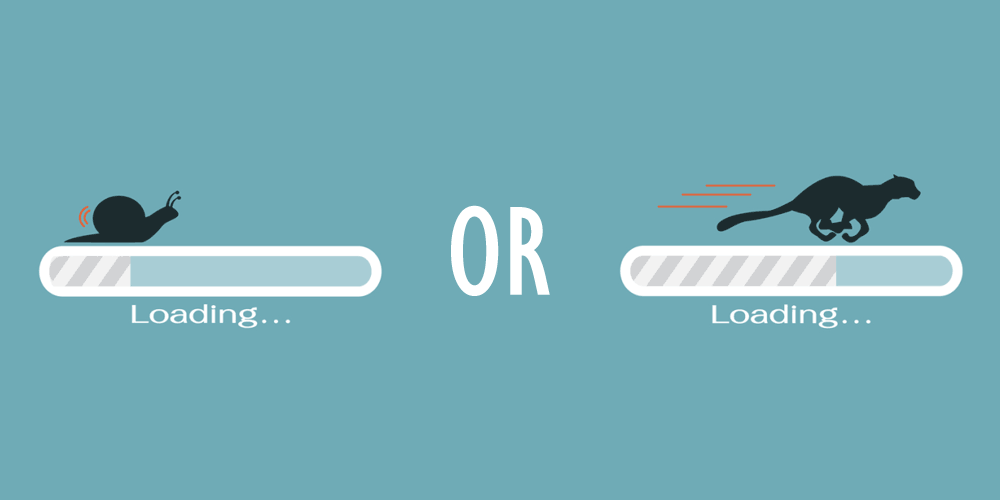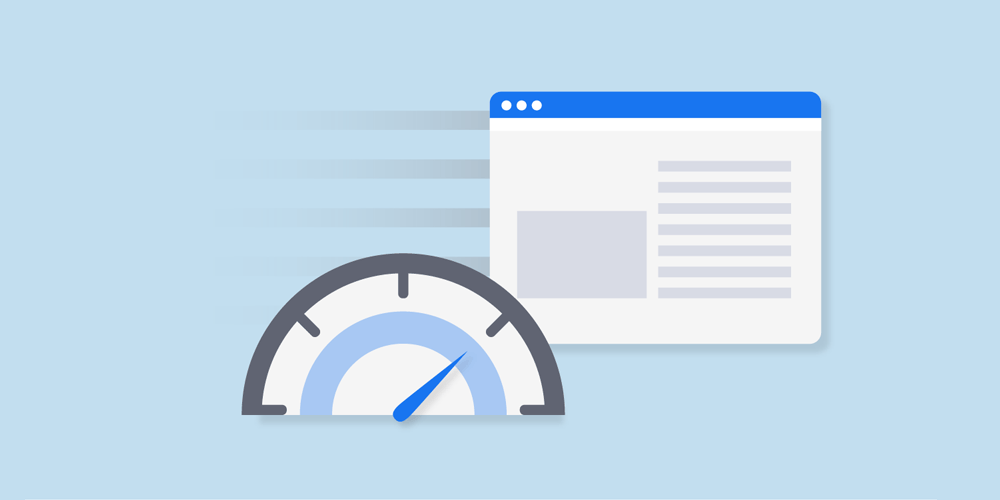As the web grows, website loading speed is becoming more than just a necessity. It's a must for websites to load as fast as possible, in order to provide the best user experience.
While the global internet speed increases, some may say that websites will benefit as it is. This is wrong, because as internet speed increases, websites are willing to put more things into their pages.
As the number of websites on the web kept on adding, each of them are also competing against one another for a shorter period of time.
This is where website loading speed becomes more than just a priority. Here, every millisecond counts.
If your site is well optimized, it will bring you and your client lots of benefits. For example, if your website is built with performance as a priority, it should definitely load faster, which will save users' time when visiting your site, making them more comfortable in every interaction they make.
As a result, your site can attract even more people, have better search engine rank and more social media shares, which are indeed very good things.

There are many ways to improve the speed of your website. But as technology evolves, there seems to be no end to optimization. One of the ways you can keep up and analyze your site to know the performance bottlenecks, is by using website speed test.
But here is the thing: while you should use them from time to time to check things out, you shouldn't be bothered to pay too much attention to their Grades. Here is why:
Why You Should Use Website Speed Test Tools
Website speed test tools have one thing in common: a field where you can enter your website's URL to analyze its speed.
With your website analyzed by those tools, you can see insights about your site. In general, they include more or less the following:
- The time it takes to load.
- Redirects.
- DOM size.
- The structure of your site (HTML, CSS and JavaScript).
- Server response times (Time to First Byte, or TTFB).
- The resources needed to load.
- Cache.
- Uses of CDN.
- Uses of Flash animations.
- Uses of minification and compression.
- The Waterfall Diagram.
There are some others too. After analyzing all that, the tools will also Grade your site, that could be either on a scale of 0-100, A-F, or the color green-red.
Following the Grade that is based on what the tools think are the best practices, there is a lot of information in which should indeed help you in getting some pointers to improve speed.
Why You Should Not Use Website Speed Test Tools
If your site want to appeal a large number of audience, chances are, they are happy when they see a fast loading website. If they encounter a site that is slow to load, or doesn't load at all, they will certainly leave the site to never return.
There are a lot of tools to test your site's speed. But know that each of those tools may have different algorithms and calculations, and different understandings of best practices.
For example, eliminating render-blocking resources, using small-sized images and so forth, are common criteria for speed by those tools, but for other criteria, things can be a little different. And at the end, how they calculate the parameters can also be different.
So if you receive a Grade A on one speed test tool, you may get Grade 60 on other tool. And in each recurring tests, the results may also change. This may confuse you.
Because there are many criteria, in which one may overlap another, it's almost impossible for a site to get a perfect Grade in all tools. And since those tools aren't your real audience, and may not have the same internet speed in real-time, you shouldn't be obsessed with the numbers.
What's more, some suggestions from those tools are sometimes unrealistic. For example, they may tell you to add expiry headers to a file that is not hosted on your website.

Conclusion
Website speed test tools are one of the greatest gifts for web developers and webmasters. They can be very helpful, but only as long as you don't treat them as the only solution.
For example, you may see that one of your page is loading slowly, and decided to check it using the tools. You may find that, for example, the page does not use any type of compression, or that there are a lot of massive images that can be compressed. In this case, you can act quickly because you know that your site is slow.
And there is the suggestion for using CDN. But do you really need it?
Know that speed is not the measurement of a website's success. If users perceive your site as fast and if you have content they are interested in, then you will have a successful website, period. If your site uses CMS and installed some plugins to enhance experience, know that they can slow your TTFB. If these plugins or extensions are a must for your site to function, and your users are benefiting from them in a good way, why should you remove those enhancements just to shave a few millisecond?
So it's best for you to use these speed test tools as arsenals to provide you pointers. But your goal should always be pleasing your visitors by providing the fastest loading website possible, not your Grade. These tools only point you to problem areas that are worth paying attention to, so don't treat them as gospels.
Further reading: The Common Practices Of Web Design With Speed In Mind
